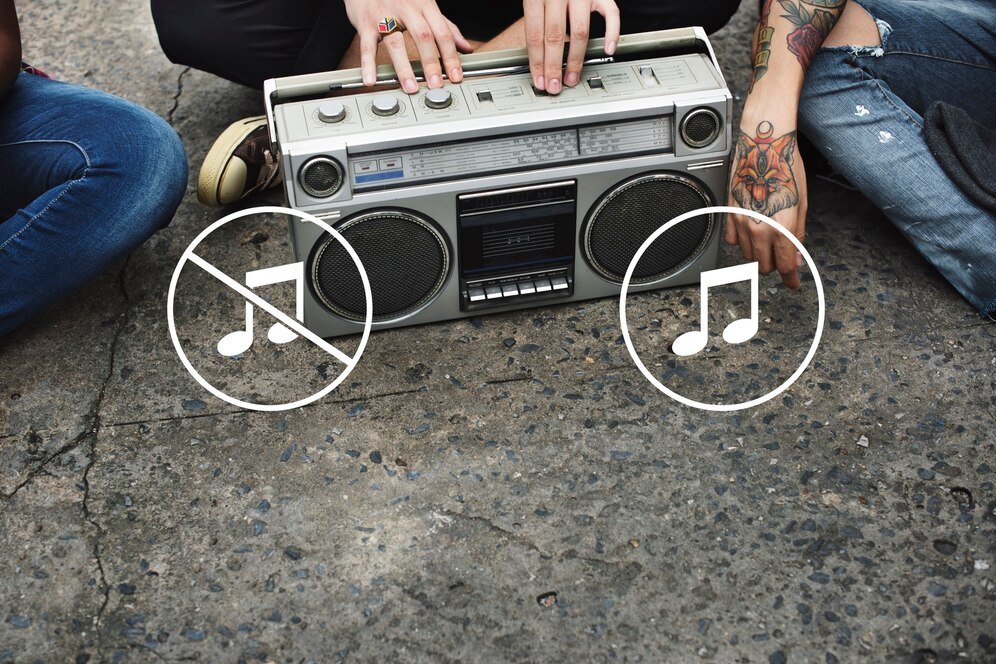Music has a unique ability to transport us back in time, unlocking vivid memories and emotions with just a few notes. Whether it’s a childhood lullaby, a song from a first dance, or a hit that defined a particular summer, music plays a crucial role in shaping and preserving our memories. But what is it about music that makes it such a powerful trigger for nostalgia?
The Science Behind Music and Memory
The connection between music and memory is deeply rooted in our brain’s structure. When we listen to music, multiple regions of the brain are activated, including the hippocampus, which is responsible for storing long-term memories, and the amygdala, which processes emotions. This interaction explains why hearing a familiar song can instantly transport us back to a specific moment in our past, complete with the emotions we felt at that time.
Neuroscientists have identified a phenomenon known as music-evoked autobiographical memory (MEAM), where specific songs bring back personal memories. Unlike other sensory triggers, music has a way of accessing deeply buried recollections, making it a powerful tool for reminiscence.
The Emotional Power of Nostalgia
Music has a unique way of blending joy and longing, which is central to the feeling of nostalgia. When we hear a song associated with a meaningful event, we experience a mix of happiness for the memory and a sense of yearning for the past. This emotional response explains why music can bring comfort during difficult times or provide a sense of identity and belonging.
Studies show that nostalgic music can improve mood, reduce stress, and even strengthen social bonds. For example, hearing a song from our youth might remind us of old friends or family gatherings, reinforcing connections even if those moments have passed.
Collective Nostalgia and Cultural Identity
Beyond personal experiences, music also plays a significant role in collective nostalgia. Songs often become symbols of cultural moments, shaping the identity of entire generations. Think of The Beatles in the 1960s, Michael Jackson in the 1980s, or the rise of electronic dance music in the 2000s. These artists and genres represent more than just sound—they encapsulate the emotions, societal changes, and artistic expressions of their time.
Concerts, reunions, and music festivals also serve as spaces where people come together to relive shared musical memories. These experiences strengthen social ties and create a sense of continuity between the past and present.
Music Therapy and Memory Retrieval
Recognizing the powerful connection between music and memory, researchers have explored its therapeutic benefits, particularly for those with cognitive disorders such as Alzheimer’s disease and dementia. Personalized music therapy programs have shown that playing familiar songs can stimulate memory recall, improve mood, and enhance communication for individuals struggling with memory loss.
The 2014 documentary Alive Inside highlighted this phenomenon, showcasing how music could awaken memories in elderly patients who had become disconnected from their surroundings. These findings emphasize music’s potential as a tool for healing and emotional well-being.
Conclusion
Music is more than just entertainment—it is a gateway to our past, a trigger for deep emotions, and a means of connecting with others. Whether through personal reminiscence or shared cultural experiences, songs have the power to shape our identities and bring us closer to the memories that define us. So next time you hear a song that takes you back, embrace the nostalgia and let the music tell your story.
